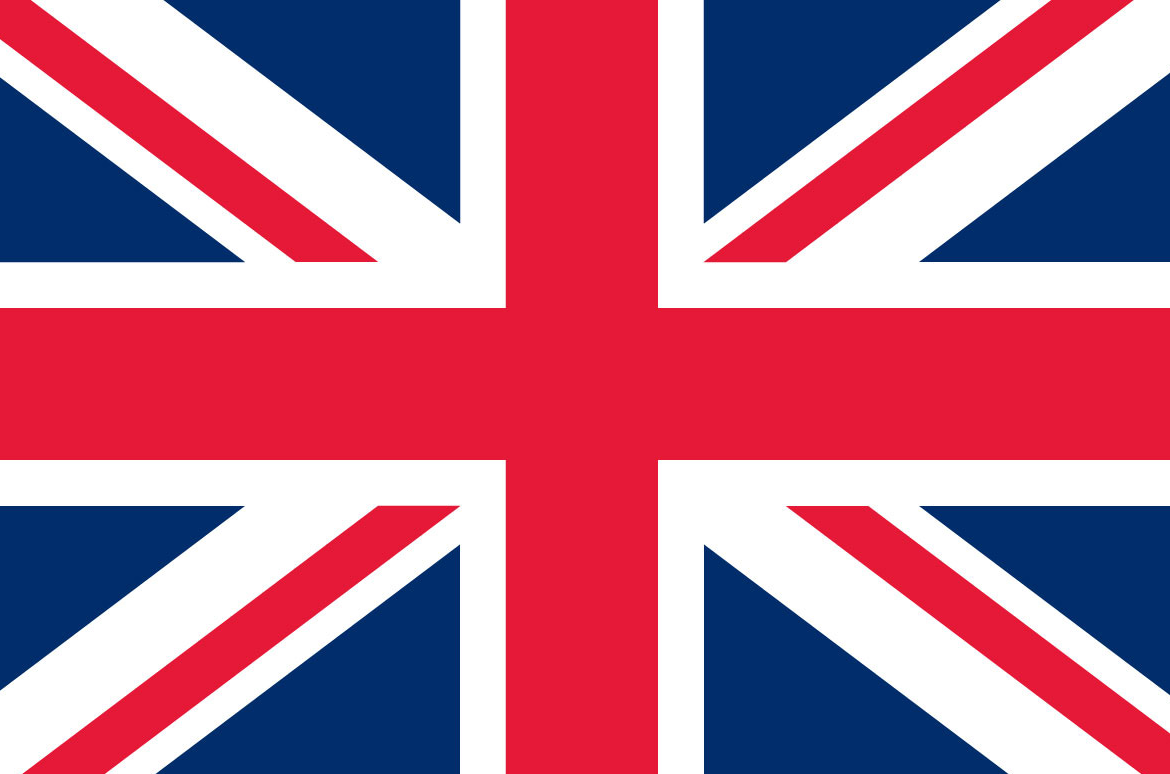Ship Recycling (SRR)
Ship Recycling (SRR)
Breadcrumbs
- Maritime Administration
- Flag State
- Pollution Prevention
- Ship Recycling (SRR)
Mandatory information
- List of Competent Authorities and Administrations (article 18) and Contact Persons (article 19)
- Members of their permanent staff responsible for the cooperation, bilaterally or multilaterally, with one another in order to facilitate the prevention and detection of potential circumvention and breach of the Regulation 1257/2013 (article 22)
- Report from the Commission to the Council and the European Parliament on the implementation of Regulation (EU) No 1257/2013 of the European Parliament and of the Council of 20 November 2013 on ship recycling and amending Regulation (EC) No 1013/2006 and Directive 2009/16/EC {SWD(2025) 40 final}
Framework
Polluting and dangerous practices of ship dismantling continue to be a major concern. At the end of their useful life, most of the ships is scrapped in yards using methods with considerable impacts on environmental and health. These negative aspects prevent ship recycling from becoming a truly sustainable industry.
Regulation (EU) 1257/2013 of the European Parliament and of the Council of 20 November 2013 on ship recycling has the following objectives:
- To prevent, reduce, minimize and, as far as possible, eliminate accidents, injuries and other adverse effects on human health and the environment caused by ship recycling
- To strengthen the security and protection of the human health and marine environment of the European Union throughout the life cycle of ships, to ensure that hazardous materials from their recycling are environmentally sound management
- To facilitate rapid ratification of the Hong Kong Convention both within the European Union and third countries, by applying proportionate controls on ships and ship recycling yards inspections provided based on the Convention
- To Reduce disparities between operators in the European Union, OECD countries and relevant third countries in terms of health and safety in the workplace and environmental standards, and direct ships flying the flag of a Member State to ship recycling yards that apply safe and environmentally sound methods of ship dismantling, rather than directing them to locations which do not comply with international standards.
This Regulation goes beyond the provisions of the Hong Kong Convention, in the following Articles:
- Article 13, which establishes the requirements for the inclusion of ship recycling yards in the European List
- Article 15, which determines the evidence to be provided to demonstrate compliance with Article 13, including regular on-site inspections
- Article 16 on the establishment and updating of the European List
- Article 23, which confers on natural or legal persons the right to request intervention in the case of violation of Article 13, in conjunction with Article 15 and Article 16/1/ b), of said Regulation.
Decree-Law 66/2020 of 14 September ensures the implementation of Regulation (EU) 1257/2013 in the national legal order.
At the same time, the Hong Kong Convention for the Safe and Environmentally Sound Recycling of Ships, 2009, which enters into force on 26 June 2025, was approved for accession by Decree No. 4/2023 of 13 February.
For ships not covered by the scope of Decree-Law 66/2020, Regulation (EC) No 1013/2006 of the European Parliament and of the Council of 14 June 2006 on shipments of waste. The Portuguese Environment Agency is the national entity with competence in this area.
This regulation stems from the Basel Convention on the Control of Transboundary Movements of Hazardous Wastes and their Disposal of 22 March 1989, approved for ratification by Decree 37/93 of 20 October.
DGRM's competences
The competences of the DGRM - Directorate of Maritime Administration Services (DSAM), set out in article 4\1 of Decree-Law no. 66/2020, of 14 September, are as follows.
‘a) Carry out the ship surveys provided for in article 8 of the Regulation;
b) Issue and confirm the certificates provided for in article 6(2)(c) and article 9 of the Regulation;
c) Verify the certificates referred to in the previous point, the inventories of dangerous substances and the declarations of conformity on board ships;
d) Create and keep up to date a database on the inventories of hazardous materials notified to it at the same time as the notification of the ship's intention to recycle;
e) Issue guidelines for shipowners to ensure the correct application of the Regulation and this Decree-Law;
f) Make the information transmitted to the European Commission, as well as information on the entities responsible for implementing this Decree-Law, available to the public on its website, in compliance with the accessibility requirements set out in Decree-Law 83/2018 of 19 October;
g) Ensuring, coordinating and harmonising the procedures for implementing the Regulation and this Decree-Law, in cooperation with the other authorities involved in the ship recycling process on national territory;
h) Co-operate, where necessary, with other Member States and the European Commission for the purposes of implementing this Decree-Law;
i) Provide the information provided for in Article 7(4) of the Regulation, whenever requested by the competent authorities of other Member States;
j) Designate the contact person provided for in Article 19 of the Regulation;
k) Draw up and send to the European Commission the report provided for in Article 21 of the Regulation.’.
Guidelines issued by DGRM - DSAM
European List of Ship Recycling Facilities (14th version)
EMSA Guidance on the Inventory of Hazardous Materials
For issues related to the ‘Licensing of ship recycling activity’, see Decree-Law 66/2020 (PT).



